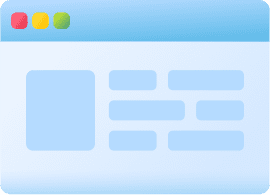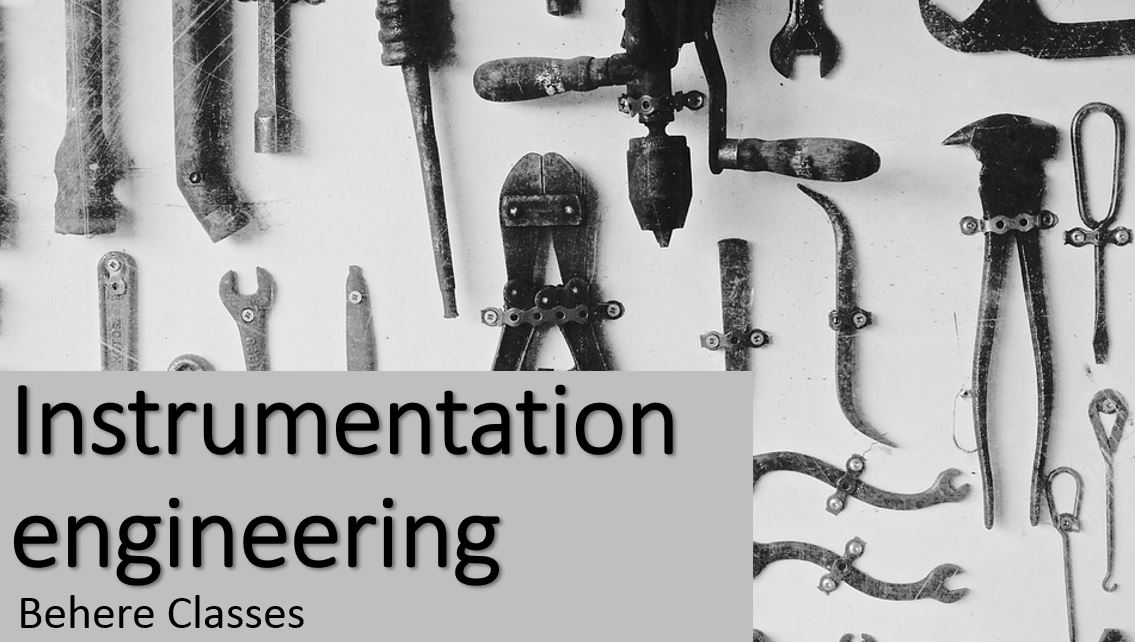Instrumentation Engineering
Instrumentation engineering involves designing, installing, and maintaining instruments and control systems used in industries. It combines principles from electrical and electronics engineering to measure, monitor, and control processes. Instrumentation engineers ensure efficiency and safety in various sectors like manufacturing, oil and gas, and power generation.
Duration & Course Level:
Duration:
- Bachelor's degree (B.E. or B.Tech): 4 years
- Master's degree (M.E. or M.Tech): 2 years
Course Level:
- Undergraduate (Bachelor's degree)
- Postgraduate (Master's degree)
Salary Package:
1. Instrumentation Technician: $40, 000 - $70, 000 per year
2. Control Systems Engineer: $60, 000 - $100, 000 per year
3. Automation Engineer: $65, 000 - $110, 000 per year
4. Process Engineer: $70, 000 - $120, 000 per year
5. Instrumentation Design Engineer: $65, 000 - $110, 000 per year
6. Instrumentation and Control Engineer: $70, 000 - $120, 000 per year
7. Field Service Engineer: $55, 000 - $90, 000 per year
8. Instrumentation Sales Engineer: $60, 000 - $100, 000 per year
9. Instrumentation Maintenance Engineer: $50, 000 - $85, 000 per year
10. Instrumentation Project Engineer: $70, 000 - $120, 000 per year
11. Calibration Engineer: $55, 000 - $90, 000 per year
12. Instrumentation Consultant: $70, 000 - $120, 000 per year
13. Research and Development Engineer: $65, 000 - $110, 000 per year
14. Instrumentation Test Engineer: $60, 000 - $100, 000 per year
15. Instrumentation Analyst: $55, 000 - $90, 000 per year
These figures may vary based on factors such as experience, location, employer, and industry sector.
Job Roles:
1. Instrumentation Technician
2. Control Systems Engineer
3. Automation Engineer
4. Process Engineer
5. Instrumentation Design Engineer
6. Instrumentation and Control Engineer
7. Field Service Engineer
8. Instrumentation Sales Engineer
9. Instrumentation Maintenance Engineer
10. Instrumentation Project Engineer
11. Calibration Engineer
12. Instrumentation Consultant
13. Research and Development Engineer
14. Instrumentation Test Engineer
15. Instrumentation Analyst
Education & Training Requirements:
1. Instrumentation Technician: Vocational training or associate degree.
2. Control Systems Engineer: Bachelor's degree in electrical or control systems engineering.
3. Automation Engineer: Bachelor's degree in electrical or automation engineering.
4. Process Engineer: Bachelor's degree in chemical or process engineering.
5. Instrumentation Design Engineer: Bachelor's degree in instrumentation engineering.
6. Instrumentation and Control Engineer: Bachelor's degree in instrumentation engineering.
7. Field Service Engineer: Bachelor's degree in engineering; additional training in instrumentation and field service.
8. Instrumentation Sales Engineer: Bachelor's degree in engineering; sales experience and instrumentation knowledge.
9. Instrumentation Maintenance Engineer: Bachelor's degree in instrumentation engineering; hands-on maintenance experience.
10. Instrumentation Project Engineer: Bachelor's degree in instrumentation engineering; project management skills.
11. Calibration Engineer: Bachelor's degree in engineering; specialized calibration training.
12. Instrumentation Consultant: Bachelor's degree in instrumentation engineering; consulting experience or industry expertise.
13. Research and Development Engineer: Master's or Ph.D. in instrumentation engineering; research experience.
14. Instrumentation Test Engineer: Bachelor's degree in instrumentation engineering; testing experience.
15. Instrumentation Analyst: Bachelor's degree in instrumentation engineering or data analysis; strong analytical skills.
Additional certifications or training may be required based on job specifics and industry demands.
Innovation & Creativity:
Instrumentation engineering embodies innovation and creativity, constantly advancing control systems design. Engineers employ state-of-the-art technologies and methodologies to tackle complex challenges. By integrating emerging tools like machine learning and IoT, they optimize control strategies, enhancing productivity and safety in various industries.
Industrial Overview:
Instrumentation engineering drives efficiency and safety across industries by designing and maintaining control systems. With expertise in sensors and data acquisition, instrumentation engineers optimize processes in sectors like manufacturing, energy, and aerospace. As industries advance, demand for their skills grows, making it a dynamic career path.
Industry/Field Future:
Innovation in instrumentation engineering drives future advancements, as industries embrace automation and data-driven solutions. With AI and IoT integration, engineers are revolutionizing control systems for enhanced efficiency and adaptability. As smart manufacturing and digital transformation unfold, skilled instrumentation professionals play a pivotal role in shaping the industrial landscape.

